The Best Data Management Tools For Small Businesses
Smart Data Collective
APRIL 29, 2020
Data management approaches are varied and may be categorised in the following: Cloud data management. The storage and processing of data through a cloud-based system of applications. Master data management. The tool assigns the role of ‘data stewards’ in an organisation to manage master data.


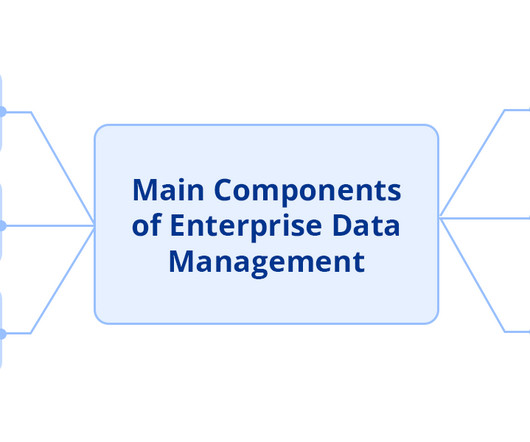
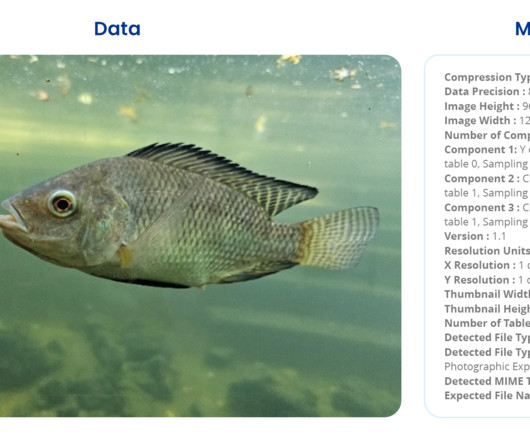
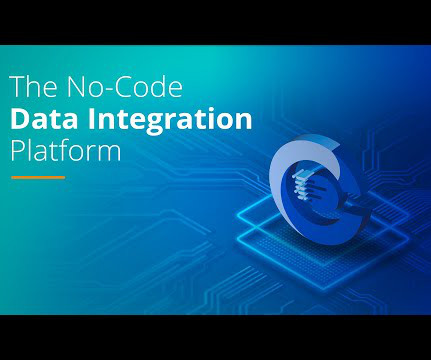
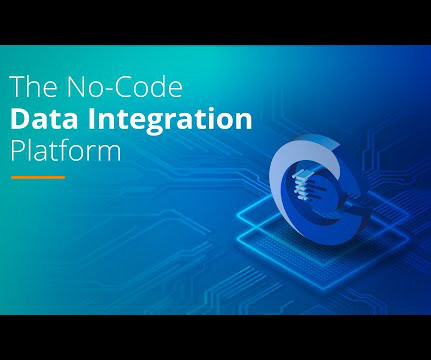

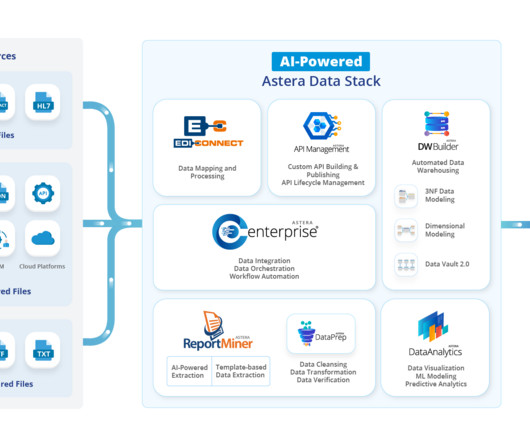
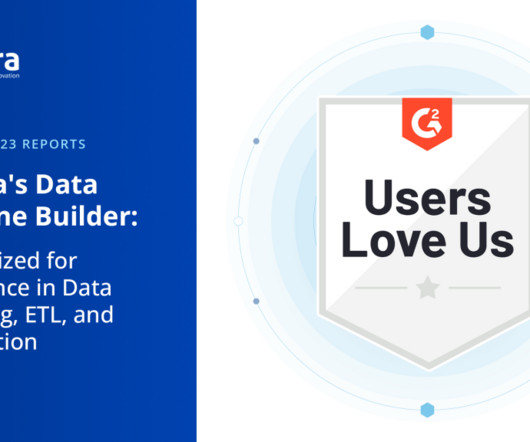
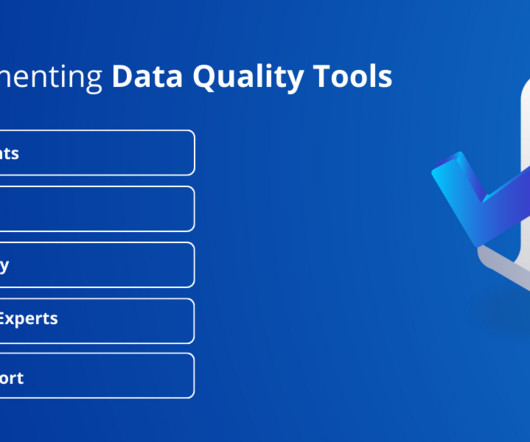

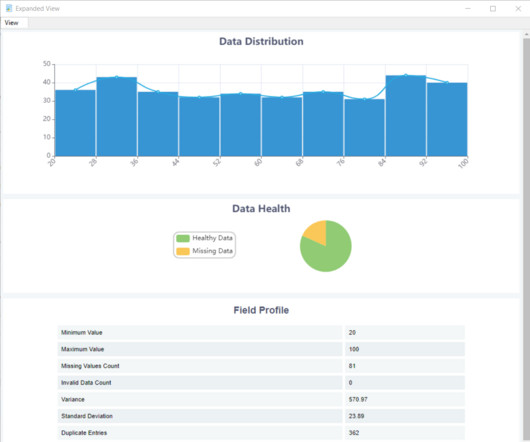






Let's personalize your content